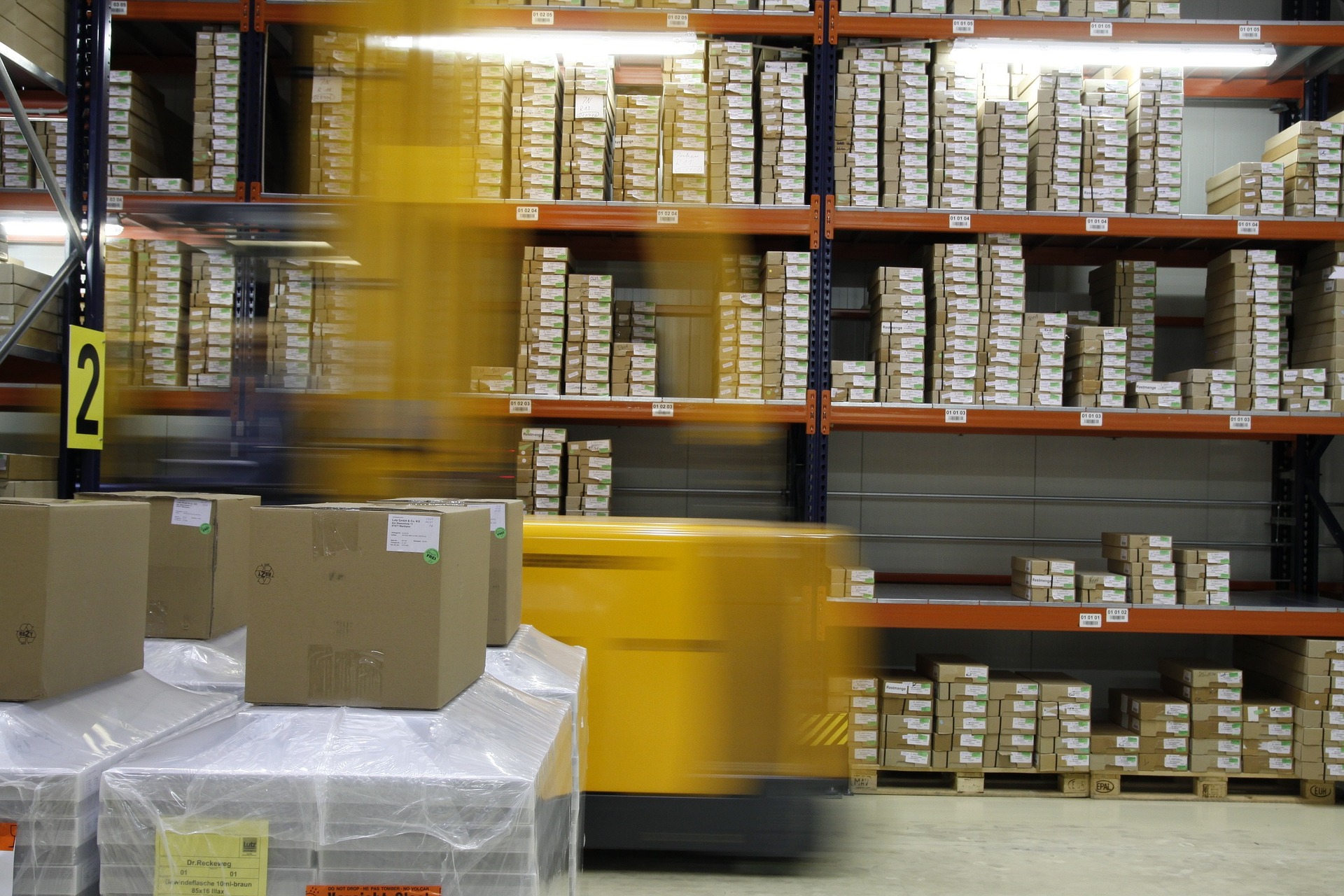If the COVID-19 pandemic taught us anything, it’s that businesses must better secure their supply chains from disruptions caused by pandemics or other natural or man-made disasters.
We’ll look at how manufacturers may improve their supply chain and logistics operations to assist lessen the impact of future unfavorable incidents in this article.
Proactively, clearly, and on a daily basis communicate
Establishing clear and open interactions between all of your supply chain and logistics partners should be your first and foremost focus. Here are some questions to think about in this regard:
Do you get updates from your partners on the current status of the products or services they’re affecting on a regular basis?
Have you been given access to reports from your partner that show real-time service completion updates for the projects they’re working on?
Have you specified your service expectations and defined the metrics for the scope of work?
The best partners will communicate with you on a regular basis about the state and capacity of their operations, how they can keep your items flowing, and any potential repercussions on your customers or the scope of work metrics.
You’ll also need infrastructure partners to meet your requirements. Your process must account for both customer-driven changes (such as requirements changes and scheduling adjustments) and changes caused by the environment in which they operate (labor capacity, availability of equipment, accidents, human errors, natural disasters, and current events in the local market or nationwide that can cause disruptions to service). The following are some good questions to ask:
- Do they have the operational capacity to be flexible amid volatile markets?
- Can they make changes to their deliverables in the middle of the project if necessary?
- What is the anticipated communication strategy if something unexpected happens during the project?
In these cases, communication is crucial, and ensuring that your downstream partners are aware of and understand your expectations can help you stay proactive rather than reactive.

Prepare for the worst-case scenario
You must also be aware of the contingency plans of your logistics partners. Take, for example, logistics in the current market. What happens if a COVID-19-infected local driver becomes ill? What does this entail for the rest of the staff in that office? How will your items be distributed if the factory is shut down due to the exposure?
Having contingencies in place helps ensure that your logistics needs are met in the event of a disruption. The following are qualities to seek for in a partner:
In view of current difficulties (e.g., COVID-19 exposure), what practices are they proactively taking to limit the risk of service interruption?
What reserves do they have in any specific market, and how many resources do they have if something goes wrong in a local market?
Do they have backup and tertiary support mechanisms in place in the event that the primary process for completing the service is compromised?
- Do they have a solid network of partners and providers on which they can rely to keep your supply chain moving smoothly, allowing them to commit to servicing your products and follow through on their promises?
- You must also know where the risk assumption falls in the event of unforeseen events. What concerns are you liable for as the shipper, and what exceptions are handled by your partner as part of your service agreement?
- Recognize your partners’ true capabilities.
- Another factor to examine is your 3PL’s people resources that are dedicated to their payroll (i.e., their own employees), as it’s critical to understand their genuine capacity to service you.
What will they be able to handle if they are given extra responsibilities or if someone becomes ill? What impact would it have if a member of their team had to be furloughed? Is it possible for them to conduct any functions electronically, such as switching to online training for your products? Is it possible for them to automate any of their operations to make virtual management easier with less resources?
These are all issues that a logistics partner should be able to discuss with you, ensuring that you have the correct team in place to meet your requirements.
Ascertain that your collaborators have up-to-date technology
Although the logistics business has not always been at the forefront of technology adoption, there are now better solutions in place that streamline and streamline the supply chain. To help mitigate any challenges that may develop as a result of a big market disruption, you should be certain that your 3PL has invested in the technologies required to minimize supply chain disruptions.
This has necessitated 3PLs having the ability to reproduce a substantial portion of their job function in a digital or virtual environment in the present pandemic period. Ascertain that your partner has documentation-capture capabilities for all crucial points in the supply chain process, such as:
- Throughout the transportation cycle, you’ll have real-time access to the status of your shipment.
- During transit, shipment updates are supplied at each significant hand-off.
- Digital photos and signatures provide virtual access to proof-of-delivery capture and inspection.
These functions may be performed using the most up-to-date technology, therefore if your partner lacks those skills, it will slow down all of your supply chain’s functions.
Finally, there is no way to completely protect your supply chain from a pandemic. Selecting MHRA approved warehousing UK partners with the infrastructure, staff, and technology in place to mitigate any potential disruptions, on the other hand, will go a long way toward assuring your company’s continuous success even in the most trying of circumstances.
